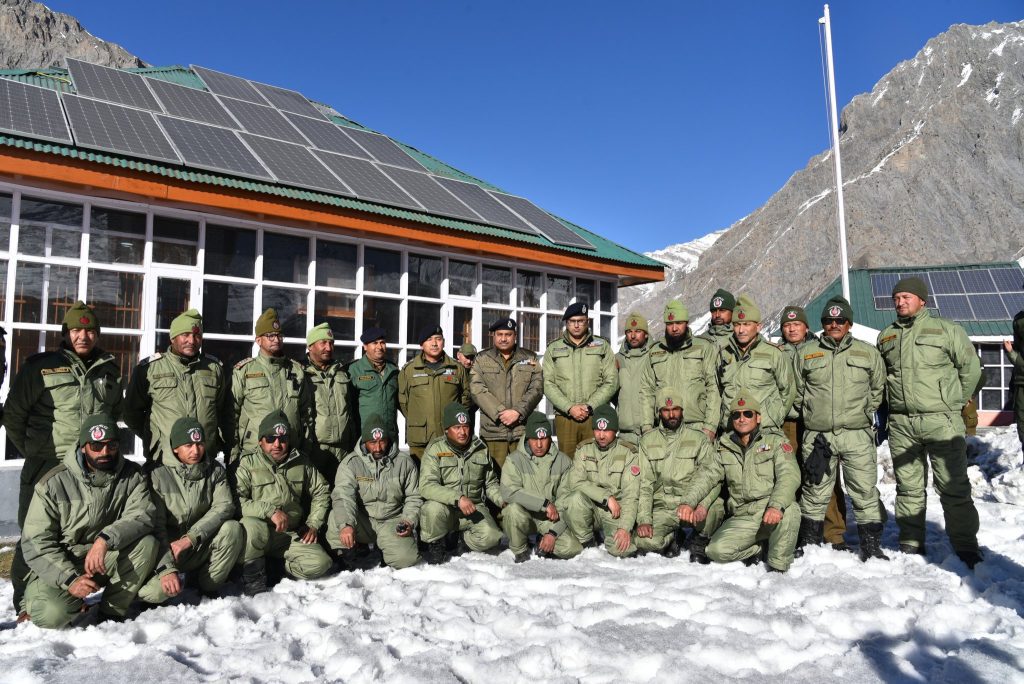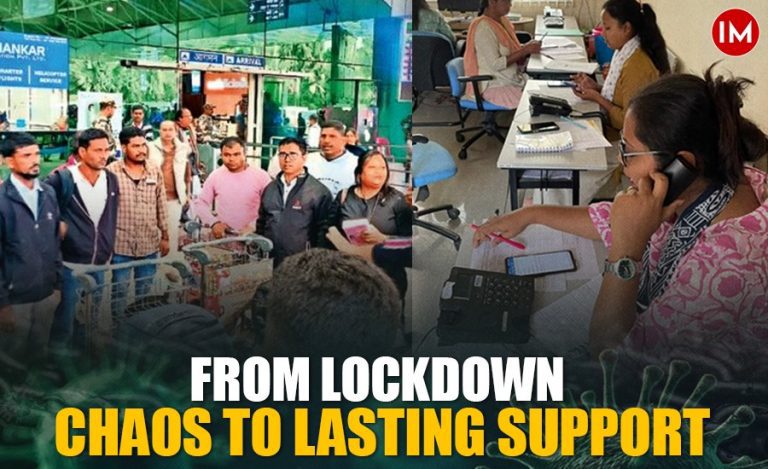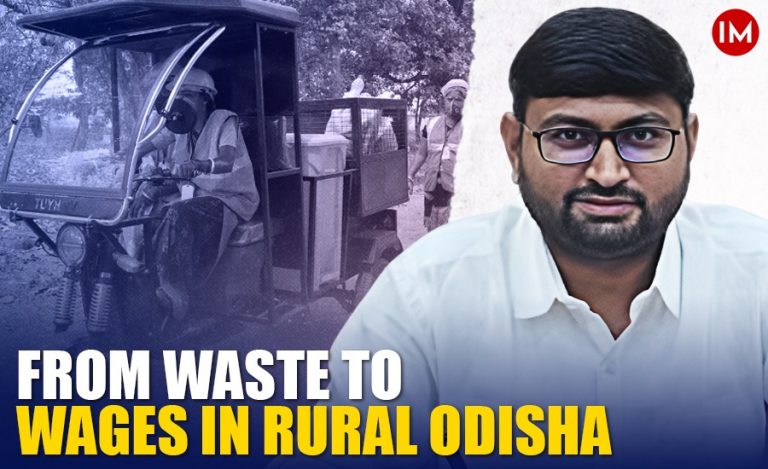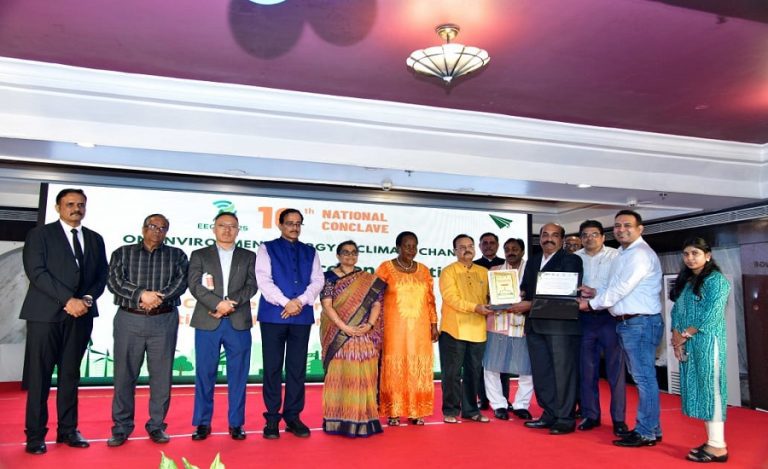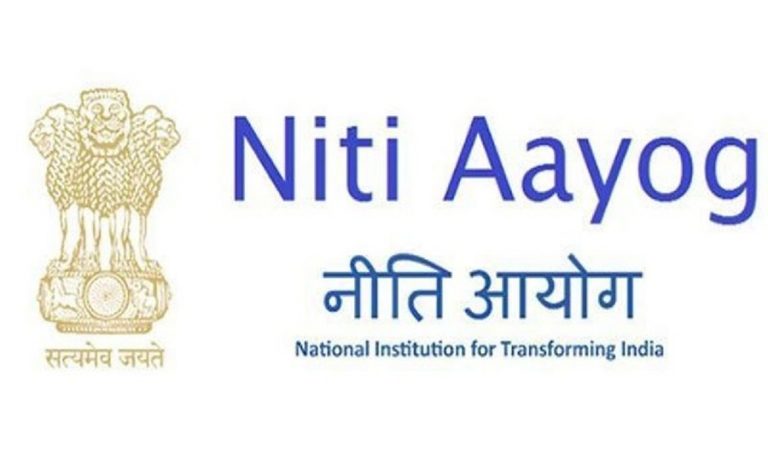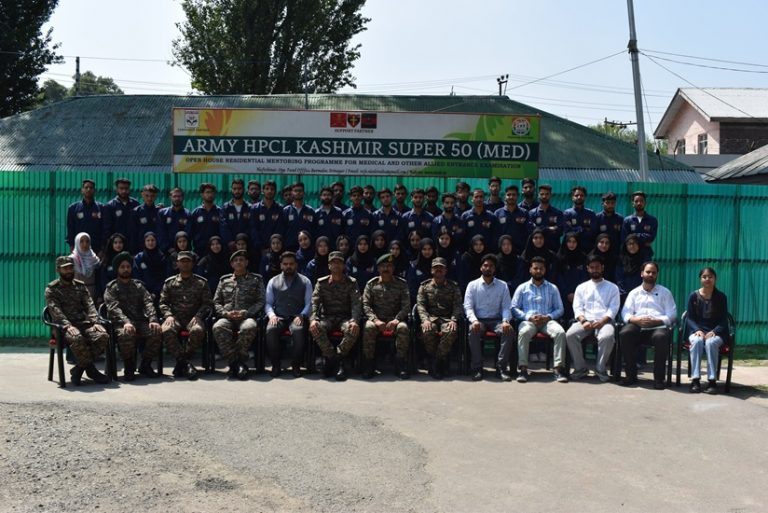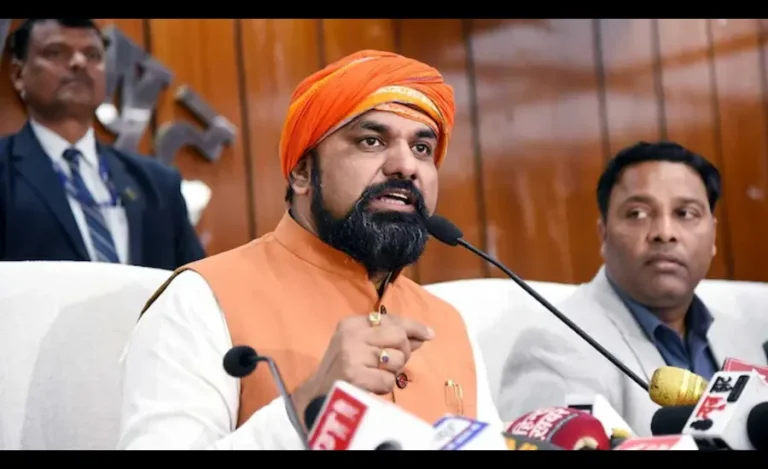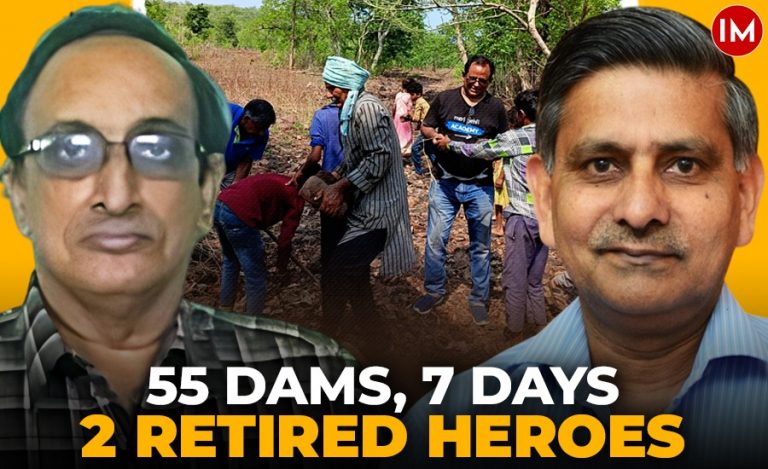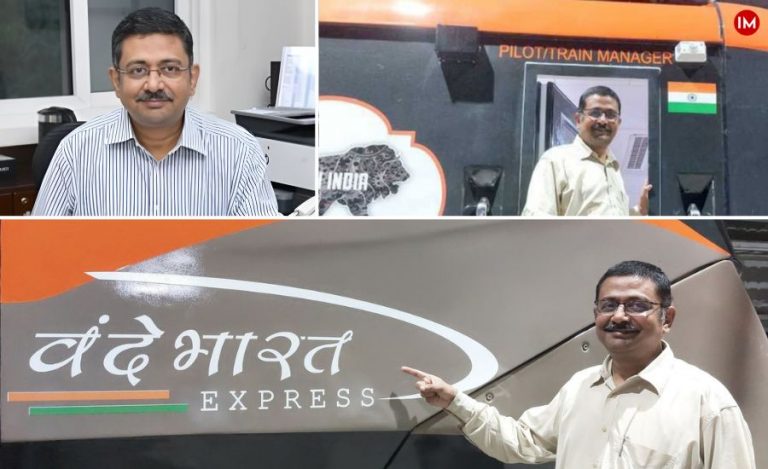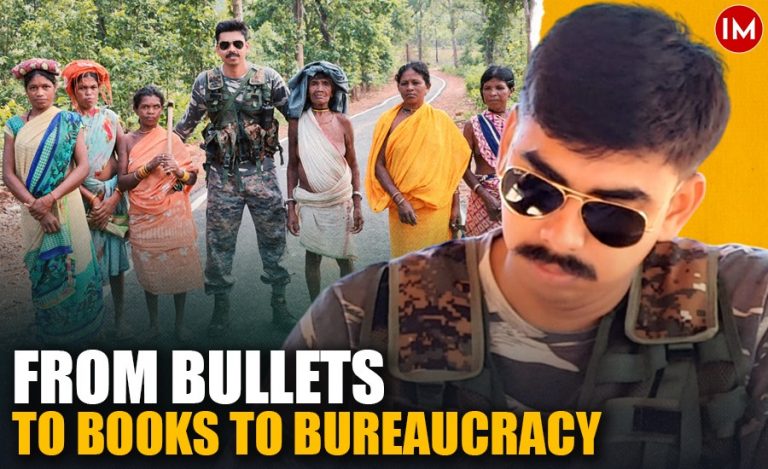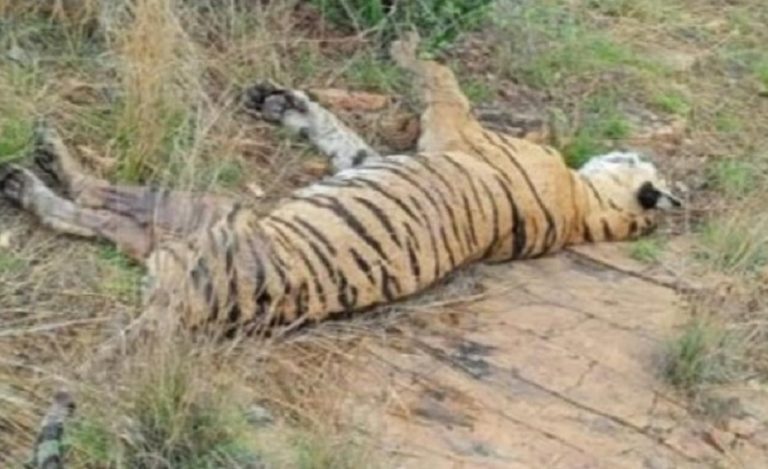For the past few years, Kargil district in Ladakh has been experiencing a wave of development. The district, which was once a very sensitive point and a difficult terrain, has now been completely changed and is among the most peaceful areas along the line of control (LOC). At one point of time, bunkers used to dot the area and living there was very unsafe due to the frequent shelling. The area, that was a major equidistant meeting point during the silk route trade, became especially famous after the Indo-Pakistan war of 1999.
However, after Ladakh formed its own police force after the stature of a Union Territory in 2019, a lot of changes have been introduced in Kargil. Right from managing the harsh winters to adopting technology and right equipment for the police force, Kargil is slowly and steadily seeing development that is making life easier for the people of the district, who despite living in harsh conditions are an amicable lot, and, hence, can be considered true heroes as well.
Indian Masterminds spoke with the current SSP of Kargil, Anayat Ali Choudhary, IPS, to know the district better and get information about the police management.
HARSH WINTERS
Before the Partition of India in 1947, Kargil was a tehsil of Ladakh, a sparsely populated region with diverse linguistic, ethnic and religious groups, living in isolated valleys separated by some of the world’s highest mountains. The town of Kargil is located 205 km from Srinagar, facing the Northern Areas across the LOC. Like other areas in the Himalayas, Kargil has a continental climate. Summers are cool with frigid nights, while winters are long and chilly with temperatures often dropping to −48 °C (−54 °F).
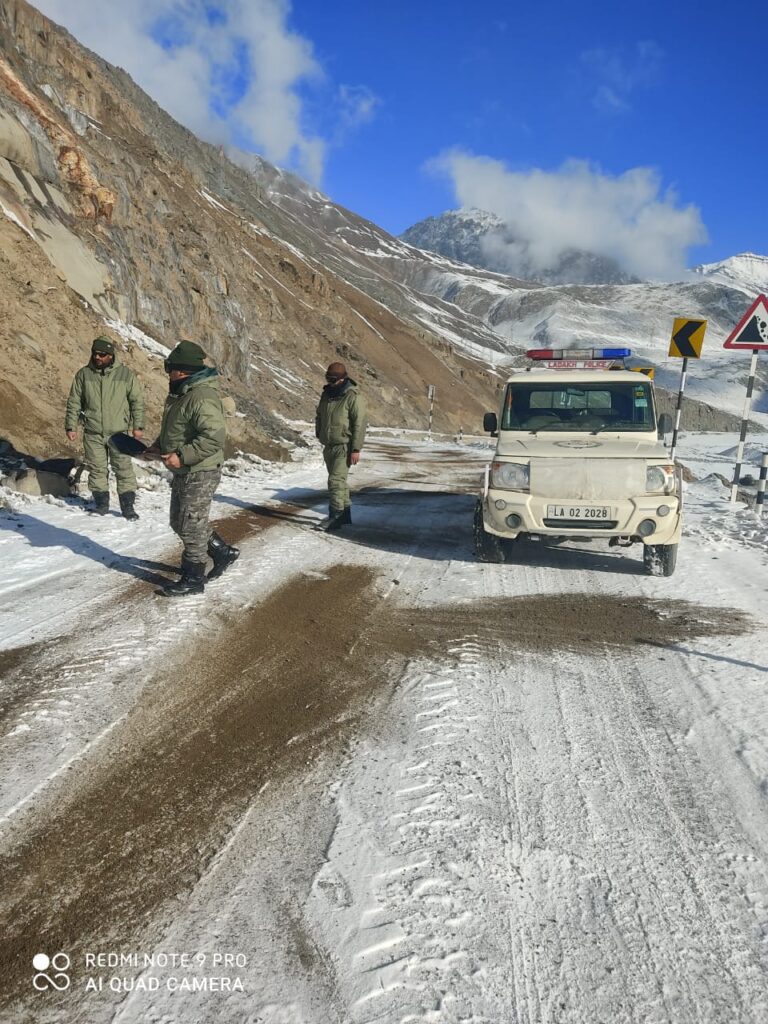
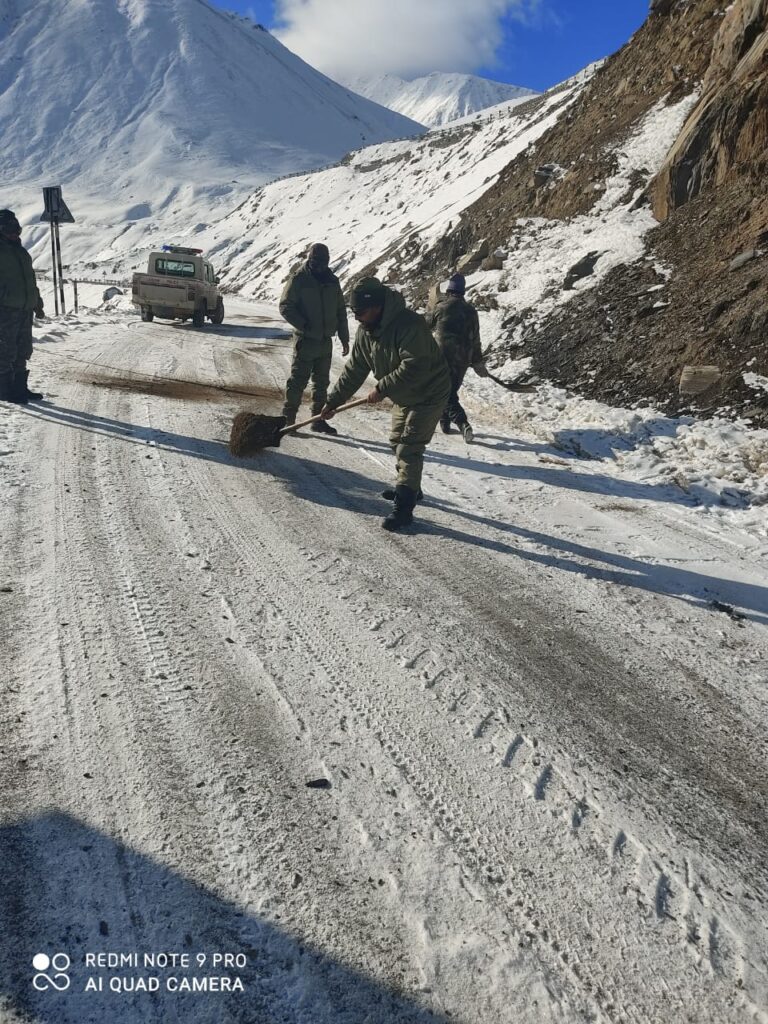
SSP Ananyat Ali said, “The Zojila Pass connect Kashmir to Leh and is one of the most important gateways which keeps this area connected to other areas. It is a big challenge for us and the Border Road Organisation (BRO) to keep it open while managing the movement of vehicles and the overall support provided during the harsh winter season. If we talk about the earlier times, it was very difficult for the police force to operate due to unavailability of right uniform and other equipments. However, as Ladakh Police was formed after becoming a UT, we have been finding out ways for the welfare of the police forces while adopting technology and right research.”
KEEPING THE MAIN GATEWAY OPEN
New four-by-four vehicles have been brought in for easy movement in heavy snow and right uniform and shoes have been provided to the police forces in collaboration with the research work of DRDO (Defence Research and Development Organisation). Mr. Ali pointed out that these uniforms are very effective in the harsh winter and in temperature below -30 degrees and more.
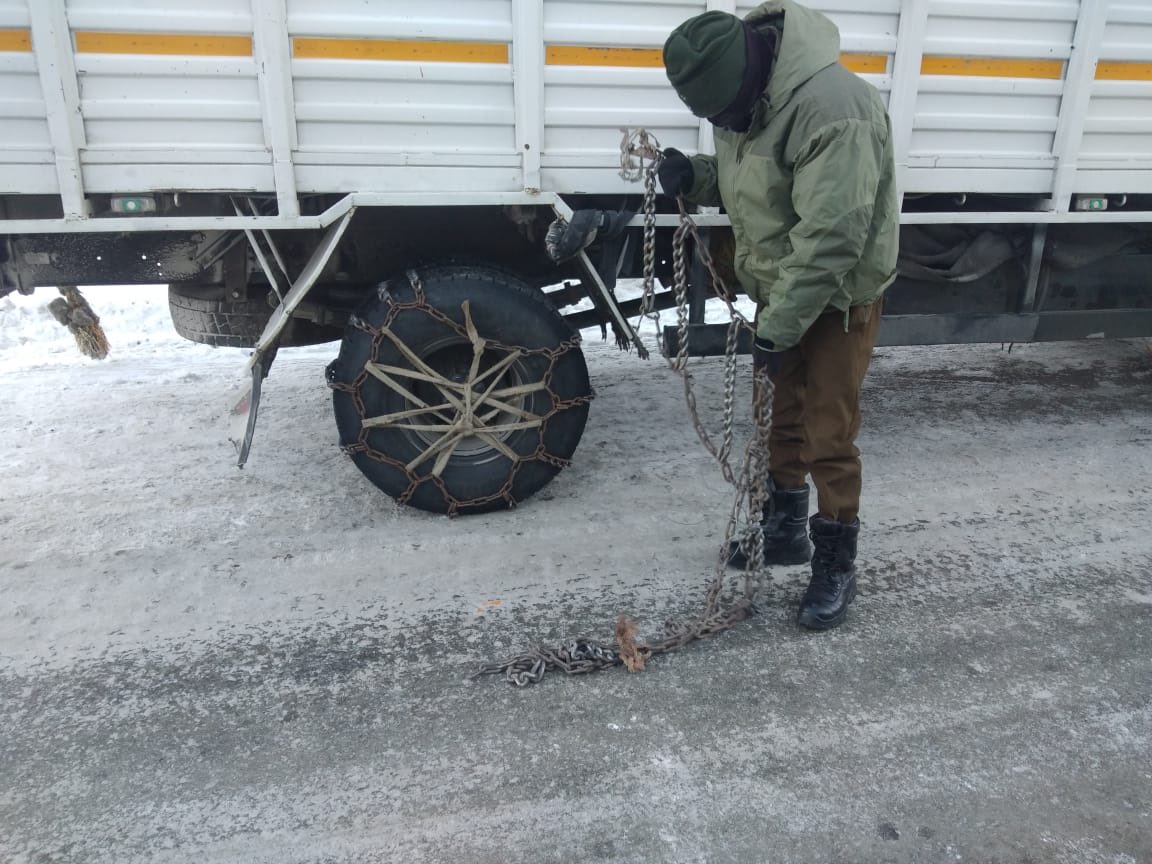
Apart from this, with the help of the government, new state-of-the-art machinery have been brought in for cutting snow. Skid chains are used in vehicles and police and BRO teams are deployed in accident-prone points or in scattered areas so that help can be provided immediately. Through proper planning, it is ensured that vehicles can move up and down the highway. All these initiatives have resulted in being able to keep the important Zojila Pass open till January, which earlier used to close in the month of October itself. This year, it was shut on 6 January till the weather improves.
ADOPTING TECHNOLOGY
About adopting latest technology to combat extreme weather, Mr. Ali said that drones are being used to get updates on traffic movement and keep a check on blind spots where most of the accidents take place. Another project covers the entire highway with CCTV cameras to give live updates of car movement towards the district. “Apart from this, for better communication, MHA has provided us with equipment which help in communicating even in no-network areas. Also, for our own safety we have been using active solar passive energy, floor heating and trapping the energy so that it is useful during the harsh winter season,” he added.
The police force has also been proactive in spreading awareness about cyber crimes and financial frauds by reaching out to people in the scattered villages in the area. In the last few years, cases of fraud had increased as people were unaware of cyber crimes and used to fall in the trap. Noting this, a cyber cell was formed and around 40 percent of the past fraud cases, which amounted to around 30 lakhs, could be recovered. Earlier, this number was zero as most of the time, the cases went unreported.
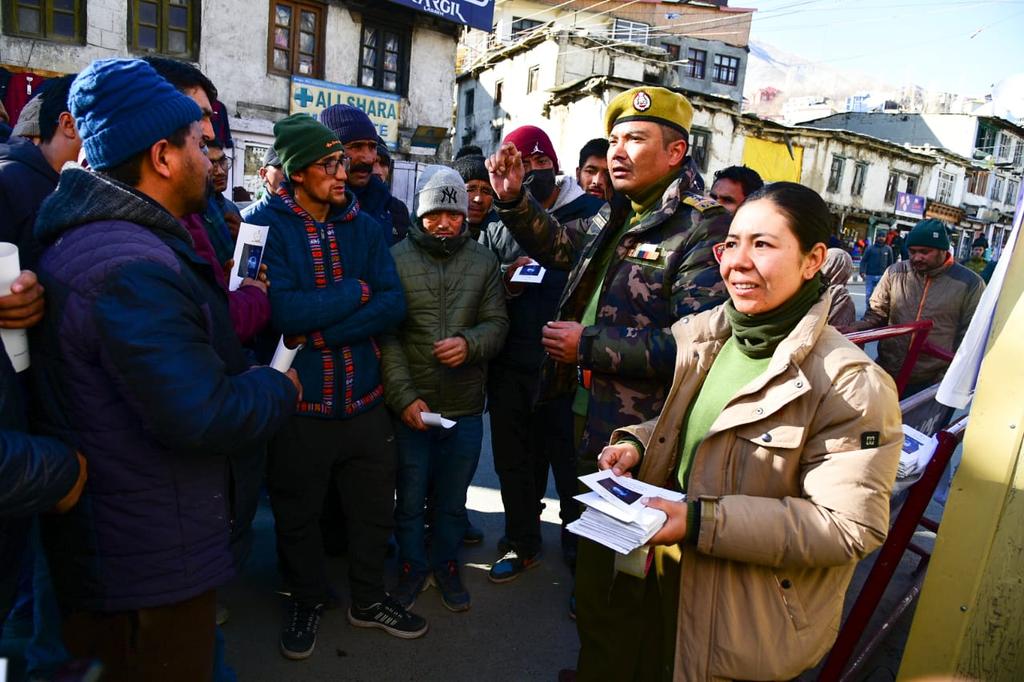
CRICKET TOURNAMENTS IN BORDER AREAS
The police here has been maintaining the legacy of organizing Police Martyrs Cricket Tournament in the district for more than a decade now. However, this time, they took this to the block level so as to involve the population who were earlier not targeted. Also, the perks for the winning team were kept much higher to keep the motivation and enthusiasm at its best. Through a holistic approach, this tournament was conducted on grounds which are very near to the Pakistan border. Mr. Ali said, “From some grounds, we could even see the Pakistan army monitoring their areas, and despite that, a very peaceful environment was maintained.”

